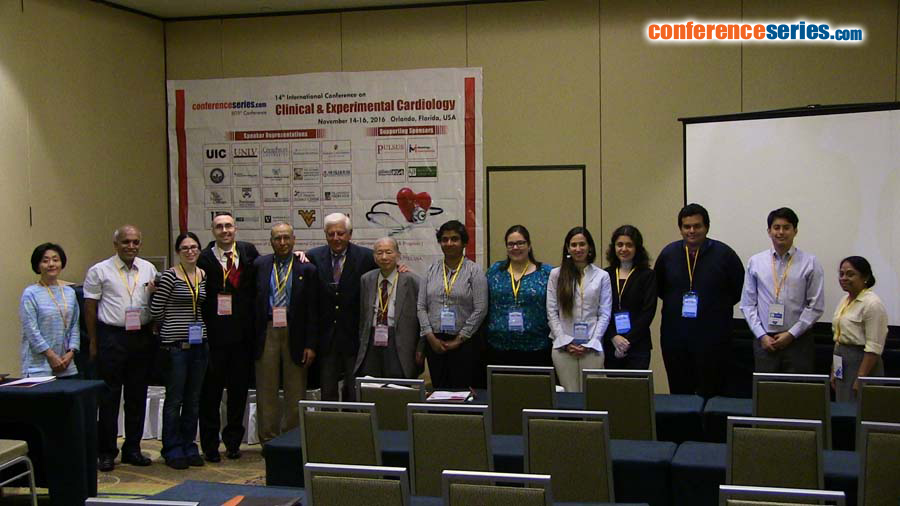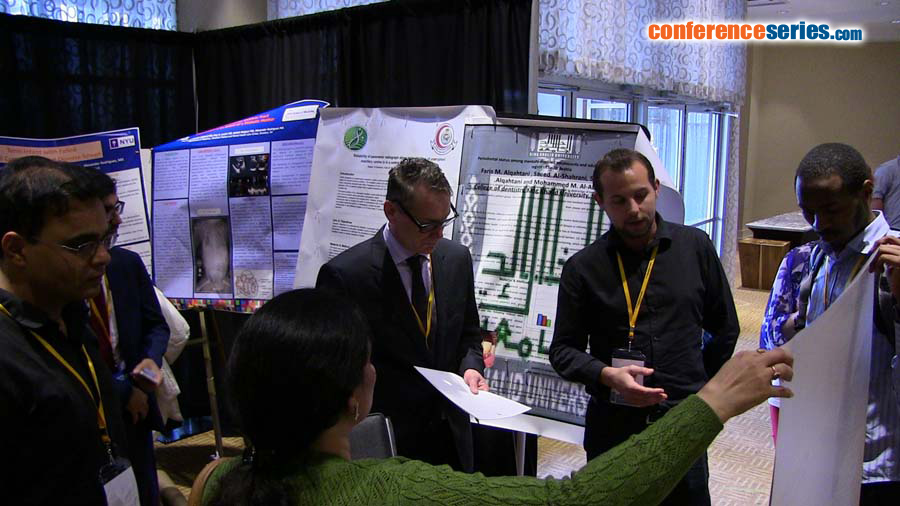
Syed Raza
Awali Hospital, Bahrain
Title: Use of Risk Assessment Tool to optimise cardiovascular management strategy
Biography
Biography: Syed Raza
Abstract
Introduction: It is neccessary to risk stratify patients of cardiovascular diseases so as to guide and standerdise management .
Method : We made use of QRisk 2 (UK) to assess 10 year cardiovascular risk of patients who presented to the Cardiology clinic. Each patient’s relevant data were entered in the QRisk2 assessment tool and a 10 year risk was worked out. Based on the obtained figure, further management strategy was planned for that patient.
Analysis and Results: All low risk patients unless contraindicated underwent some kind of stress testing for evidence of reversible ischemia. Decision based of CV risk score to perform CT coronary angiography when deemed apparopriate were utilised for moderate risk category. Majority of high risk patients were considered for catheter based coronary angiography. Similarly, based on CV risk scoring, Aspirin and Statin therapy were started in 34% and 28% patients respectively. Aspirin and Statin therapy if deemed inappropriate were stopped in 12% and 21% patients respectively.
Conclusion: Simple cardiovascular assessment tools are readily available online that can be downloaded for personal use. Using cardiovascular risk assessment tool simplifies clinical decision making. It helps to standerdise treatment and also guides us to avoid harmful, inappropriate and unneccessary treatment. This therefore is very suitable for day to day parctice and works best in the interest of patient safety. Appropriate use of investigations and other resources are used in managing patients further.



